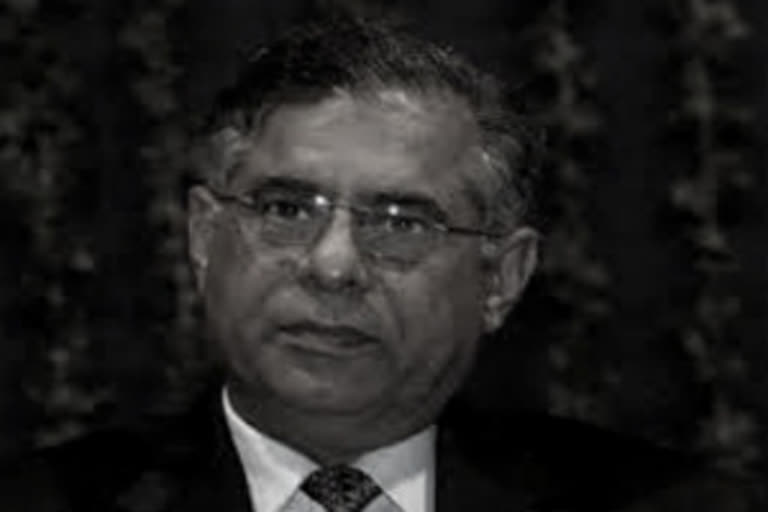New Delhi: Indian Railways’ decision to allow private companies to run trains on its tracks will bring in private investment, increase the availability of trains on busy routes and improve customer service, said a top former Railway official, adding that increased competition will not push Indian Railways on sidelines but it will certainly force the national transporter to improve its services.
"It's a really welcome move for the users, for the customers who are looking for increased and better services, at least on the busy routes,” said JP Batra, former chairman of Railway Board.
Indian Railways this week announced its decision to open 109 routes for private players on long-term (35 years) revenue sharing basis.
Indian Railways will invite bids for operation of 151 pairs of modern trains on these routes by April next year and the operations are likely to start by April 2023.
Indian Railways estimates that it would bring in an investment of Rs 30,000 crores as private players will invest the money in purchase and operation of these 151 sets of trains.
Read: Railways to continue ongoing recruitment drive, says "No net job loss"
"It will involve production and purchase of coaches, power cars from within the country which will give a huge fillip to indigenous manufacturing. It will save a lot of money to Railways and besides that Railways will get its share in the revenue," JP Batra told ETV Bharat.
According to the former Chairman of Railway Board, the apex decision-making body in the ministry of railways, the decision will allow the national transporter to focus its energy on other sectors like the expansion of the railway network in the country.
In this year's budget, finance minister Nirmala Sitharaman allocated Rs 5,788 crores for purchase of rolling stock - railways coaches and engines. However, it is a decline of Rs 3,281 crores (36%) from the revised estimates for the previous year.
According to the revised numbers given in this year's Union budget, the government spent Rs 9,069 crores on purchase of rolling stock in FY 2019-20, which was an increase 98% over the money spent in FY 2018-19 (Rs 4,572 crores).
It means the allocation of money for the purchase of new coaches and engines, which went up by almost 100% in the previous fiscal, will decline by 36% this year.
JP Batra says the decision to allow the entry of private players in railway operations is good for Indian Railways and the government because they are short of money for the new investment.
"If the private sector investment comes into play in the same sector of providing services then Indian Railways can concentrate its energy in the other areas," he said.
Busy routes will get additional trains
The former railway board boss, who supervised the privatisation of Indian Railways container movement operation by ending the monopoly of Concor in 2006-07, says busy routes like Delhi-Mumbai will get additional train services.
"Ultimately every route needs additional services, be it Delhi-Mumbai, Kolkata-Mumbai, Chennai-Trivandrum, Chennai-Bengaluru or Mumbai-Ahmedabad, each of these routes need additional services which Railways is not able to provide,” Batra told ETV Bharat.
"We are getting private investment through public-private investment to make these services available that is the need of the hour. This is what customers want,” Batra noted.
"It's good for both, good for consumers in terms of convenience and comfort and also good for the Indian Railways' finances.”
Private players will not push Indian Railways on sidelines
Batra also rejected the argument that Indian Railways would be sidelined in these lucrative routes after the entry of private players as happened in some other sectors such as telecom where entry of private players like Airtel, Hutch and others pushed Telecom PSUs like BSNL and MTNL on the margins.
“That will not happen,” said Batra.
He, however, admitted that it would generate a lot of competition for the Indian Railways, forcing it to upgrade its services to match the service and comfort offered by the private players.
He said that besides earning the money on revenue sharing basis, Indian Railways will also earn money due to the host of other services that it will offer to private players.
"The Railways will charge for the cost of fixed investment that is the track and the signalling etcetera. Besides that the locomotives, drivers will be provided by the Railways and Railways will also carry out supervisory and safety checks," Batra noted.
Also Read: Historic moment for Railways: 100% punctuality of trains achieved



